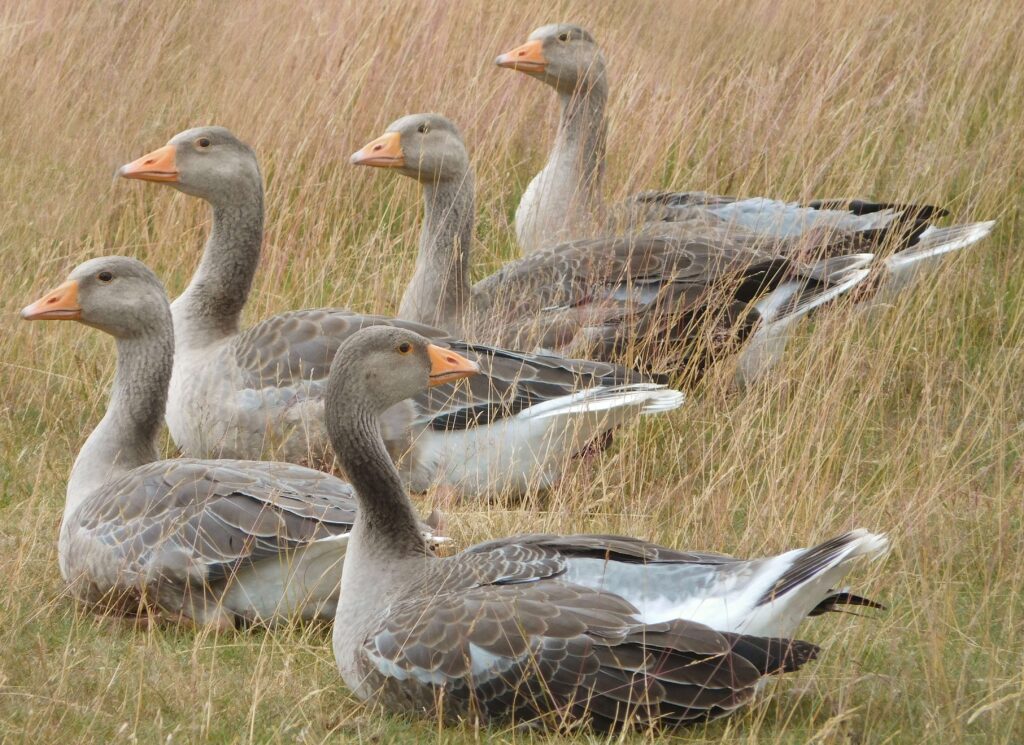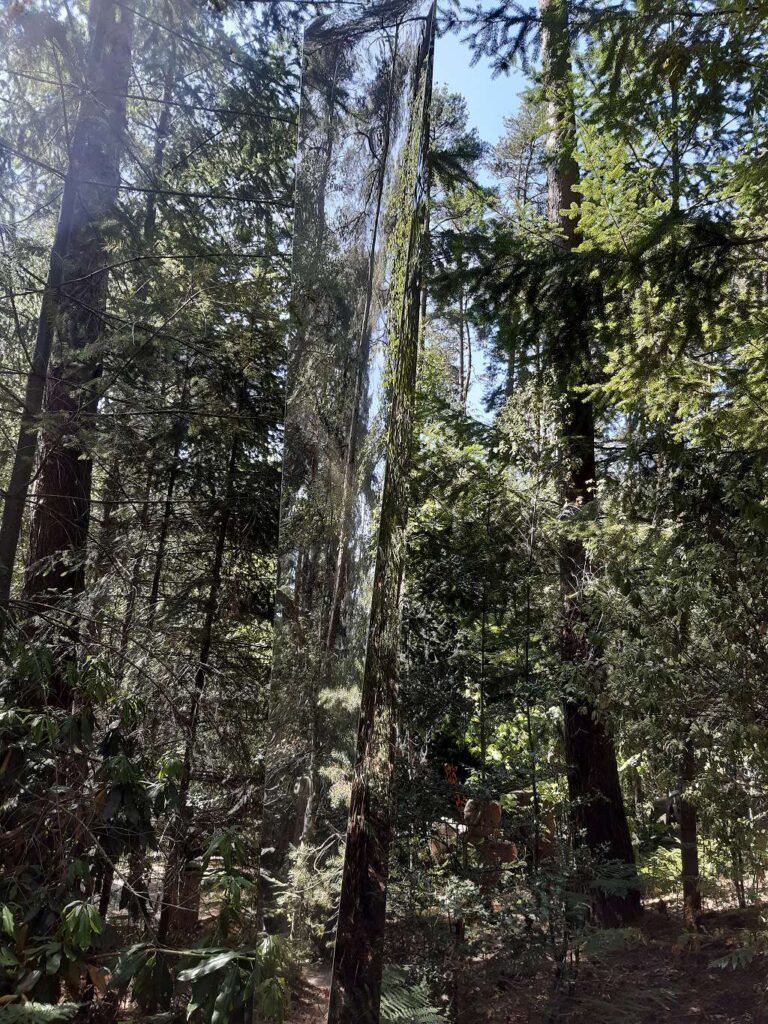
Mirror Shard in Farnham Sculpture Park


One man liked to eat … meat from soy-fed livestock.
One man and his dog, contributed to global warming.
Two men liked to heat … their homes with old gas boilers.
Two men, one man and his dog, contributed to global warming.
Three men liked to drive, to drive with petrol engines.
Three men, two men, one man and his dog, contributed to global warming.
Four men liked to cool … their houses with air conditioning.
Four men, three men, two men, one man and his dog, contributed to global warming.
Five men liked to fly … to faraway sunny places.
Five men, four men, three men, two men, one man and his dog, contributed to global warming.
Six men liked to sit … at tropical hardwood tables.
Six men, five men, four men, three men, two men, one man and his dog, contributed to global warming.
Seven men liked to build, to build with steel and concrete.
Seven men, six men, five men, four men, three men, two men, one man and his dog, contributed to global warming.
Eight men liked to buy … things all wrapped up in plastic.
Eight men, seven men, six men, five men, four men, three men, two men, one man and his dog, contributed to global warming.
Nine men liked to drink … stuff out of plastic bottles.
Nine men, eight men, seven men, six men, five men, four men, three men, two men, one man and his dog, contributed to global warming.
Ten men liked to have … cheap food from distant countries.
Ten men, nine men, eight men, seven men, six men, five men, four men, three men, two men, one man and his dog, contributed to global warming.
See also: Songs for the End of the Earth #2
We’ve Got the Climate Crisis in our Hands
We’ve Got Global Warming in our Hands
We’ve Got Carbon Dioxide in our Hands
We’ve Got the Coral Reefs in our Hands
We’ve Got the Tropical Rainforests in our Hands
We’ve Got the Bees and Flowers in our Hands
We’ve Got Biodiversity in our Hands
We’ve Got the Human Race in our Hands
We’ve Got our Elected Government in our Hands
We’ve Got the United Nations in our Hands
We’ve Got the Whole World in our Hands.
See also: Songs for the End of the Earth #1: Old MacDonald had a Pesticide Sprayer (E-I-E-I-O) — sounds silly, but the message is that we’re treating nature pretty roughly in many places, including industrial farming…
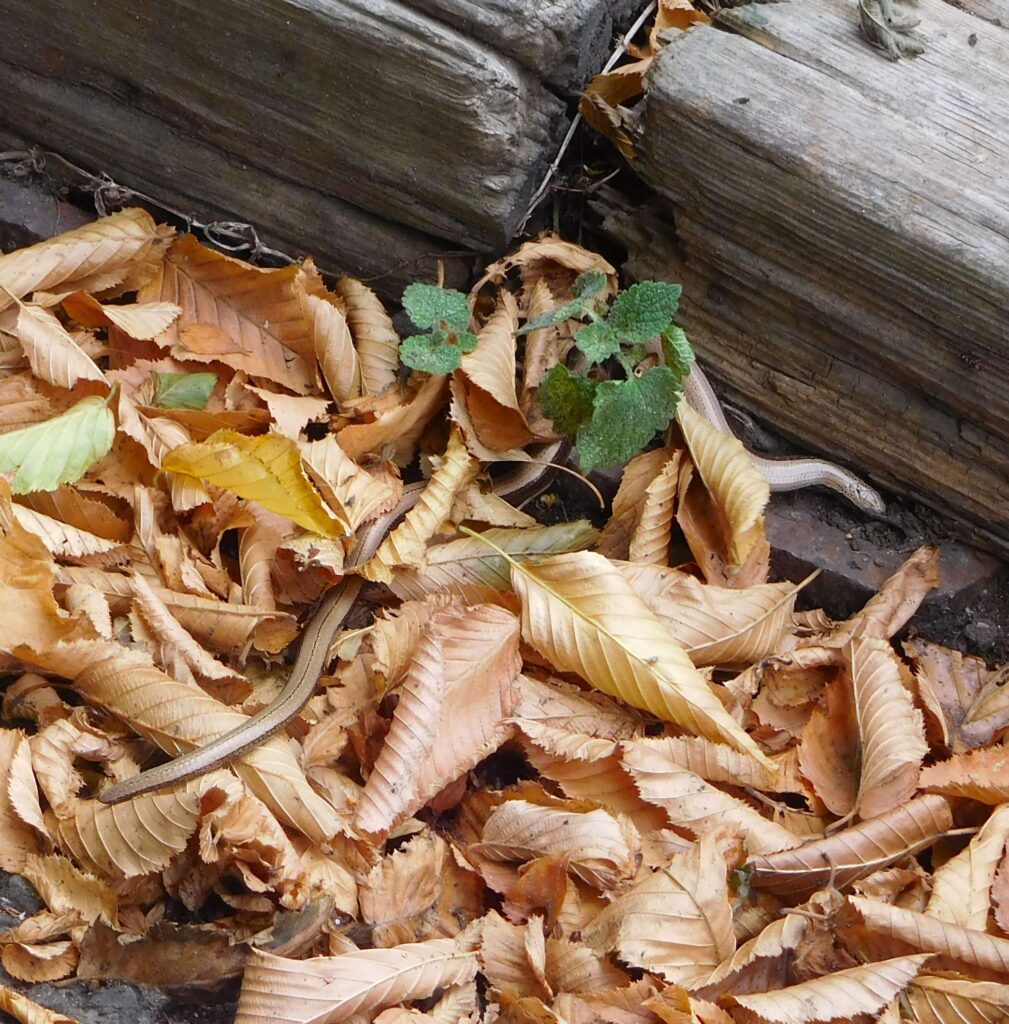
Old Macdonald had a Farm (E-I-E-I-O)!
And on that Farm he had a Pesticide Sprayer (E-I-E-I-O)
With a Pssssssssssssssst Pssssssssssssssst here,
A Pssssssssssssssst Pssssssssssssssst there,
Here a Pssssssssssssssst,
There a Pssssssssssssssst,
Everywhere a Pssssssssssssssst Pssssssssssssssst!
Old Macdonald had a Farm (E-I-E-I-O)!
Old Macdonald had a Farm (E-I-E-I-O)!
And on that Farm he had a Combine Harvester (E-I-E-I-O)
With a Rattle Clank here,
A Rattle Clank there,
Here a Clank,
There a Clank,
Everywhere a Rattle Clank!
Old Macdonald had a Farm (E-I-E-I-O)!
Old Macdonald had a Farm (E-I-E-I-O)!
And on that Farm he had a Rotary Muckspreader (E-I-E-I-O)
With a Phlurrrp Phlurrrp here,
A Phlurrrrp Phlurrrp (Splot!) there,
Here a Phlurrrrp,
There a Phlurrrp,
Everywhere a Phlurrrrp Phlurrrp!
Old Macdonald had a Farm (E-I-E-I-O)!
Old Macdonald had a Farm (E-I-E-I-O)!
And on that Farm he had a Twelve-Row Seed Drill (E-I-E-I-O)
With a Poke Poke here,
A Poke Poke there,
Here a Poke,
There a Poke,
Everywhere a Poke Poke!
Old Macdonald had a Farm (E-I-E-I-O)!
Old Macdonald had a Farm (E-I-E-I-O)!
And on that Farm he had a Center Pivot Irrigator (E-I-E-I-O)
With a Sssssssssssssssssssssss Sssssssssssssssssssssss here,
A Sssssssssssssssssssssss Sssssssssssssssssssssss there,
Here a Sssssssssssssssssssssss,
There a Sssssssssssssssssssssss,
Everywhere a Sssssssssssssssssssssss Sssssssssssssssssssssss!
Old Macdonald had a Farm (E-I-E-I-O)!
Old Macdonald had a Farm (E-I-E-I-O)!
And on that Farm he had a Belt-Driven Chicken Feeder (E-I-E-I-O)
With a Rumble Dumble here,
A Rumble Dumble there,
Here a Rumble,
There a Rumble,
Everywhere a Rumble Dumble !
Old Macdonald had a Farm (E-I-E-I-O)!
Old Macdonald had a Farm (E-I-E-I-O)!
And on that Farm he had a Spring-Tooth Drag Harrow (E-I-E-I-O)
With a Crumble Bash here,
A Crumble Bash there,
Here a Crumble,
There a Crumble,
Everywhere a Crumble Crumble!
Old Macdonald had a Farm (E-I-E-I-O)!
Old Macdonald had a Farm (E-I-E-I-O)!
And on that Farm he had a Manure Management Slurry Tank (E-I-E-I-O)
With a Stinky Poo here,
A Stinky Poo there,
Here a Stink,
There a Stink,
Everywhere a Stink Stink!
Old Macdonald had a Farm (E-I-E-I-O)!
See also: Songs for the End of the Earth #2: We’ve Got the Whole World in our Hands
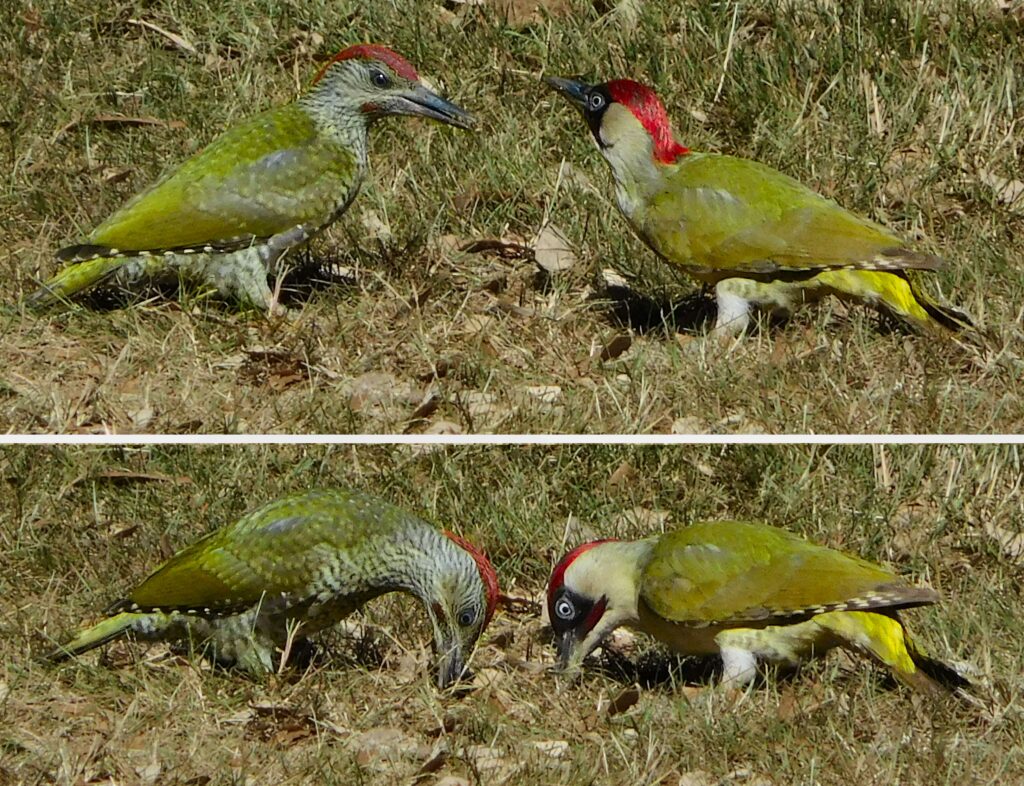
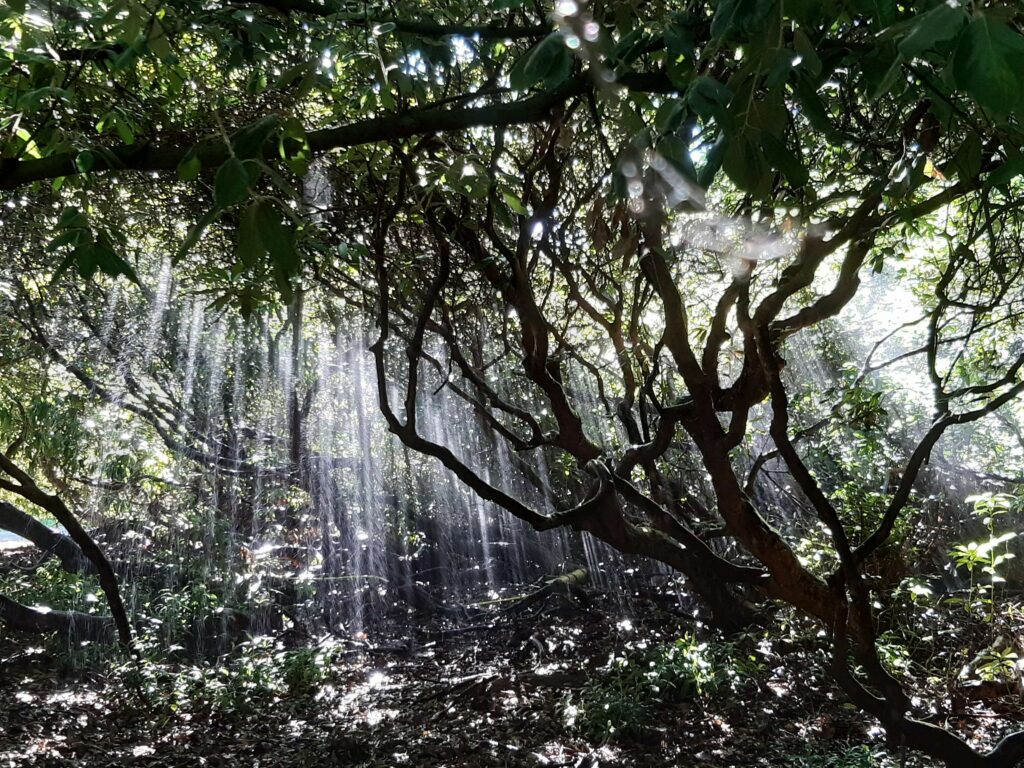
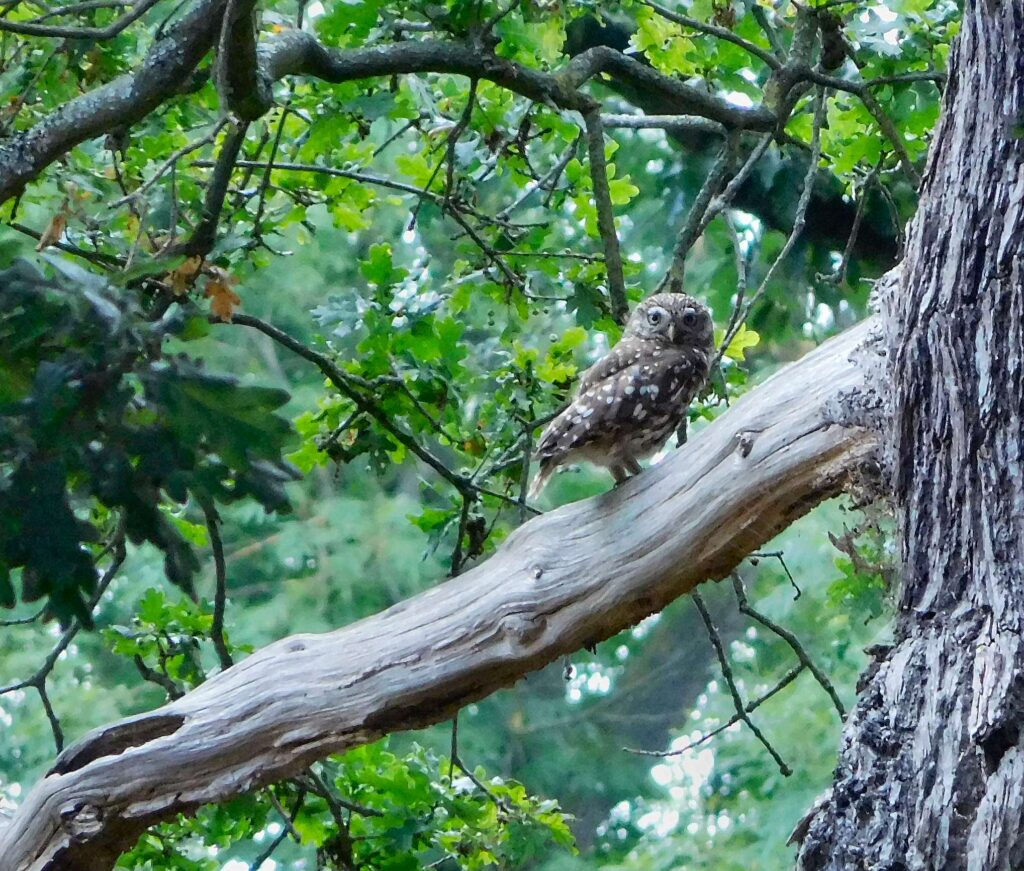
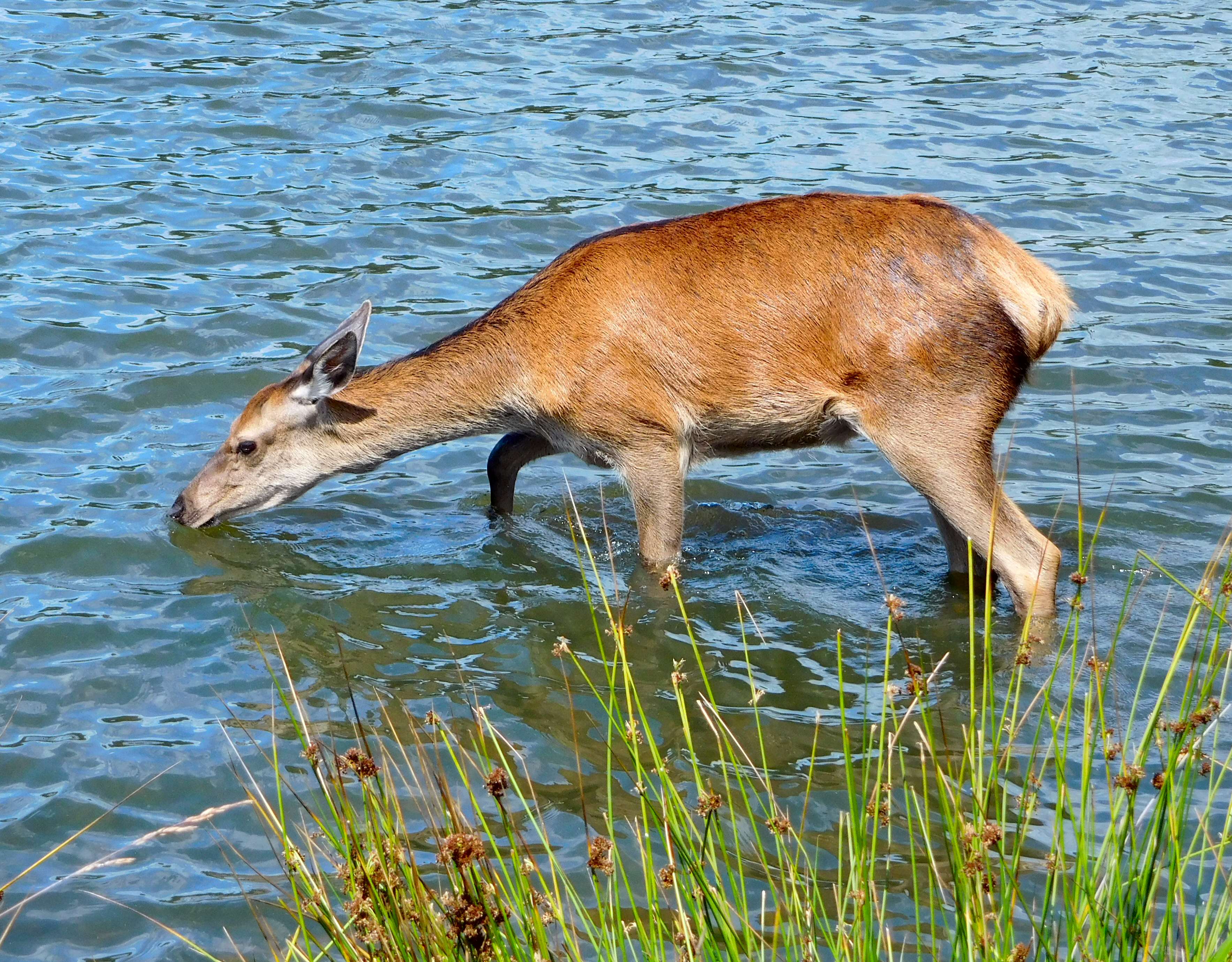
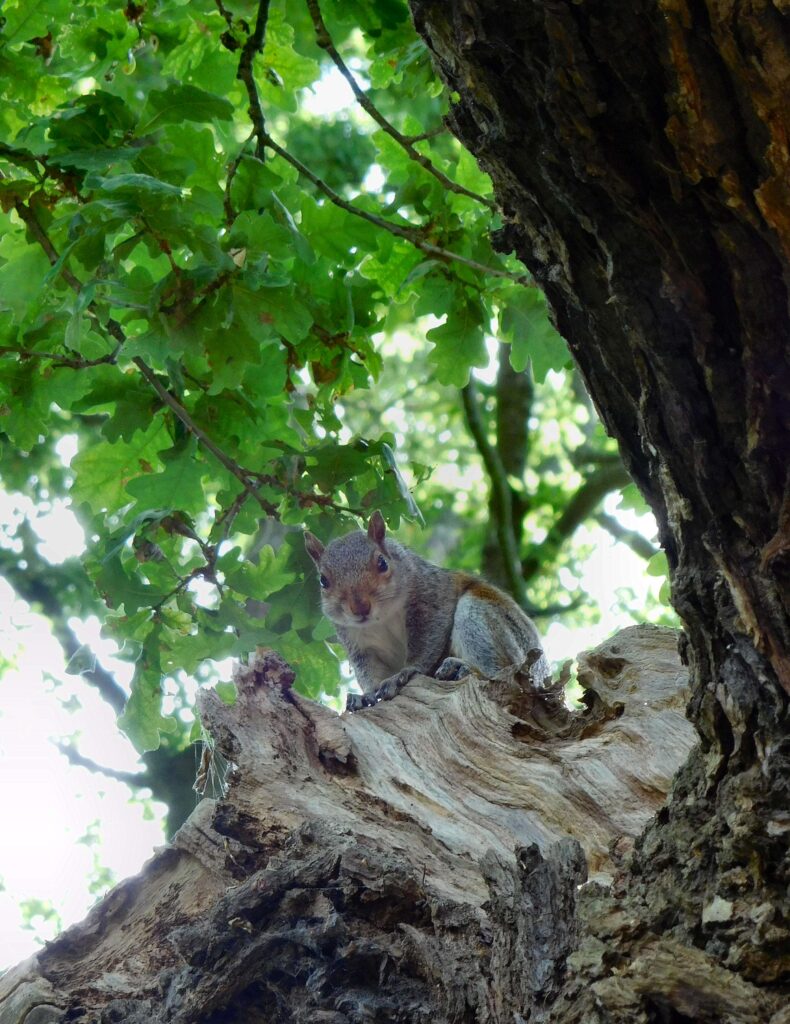
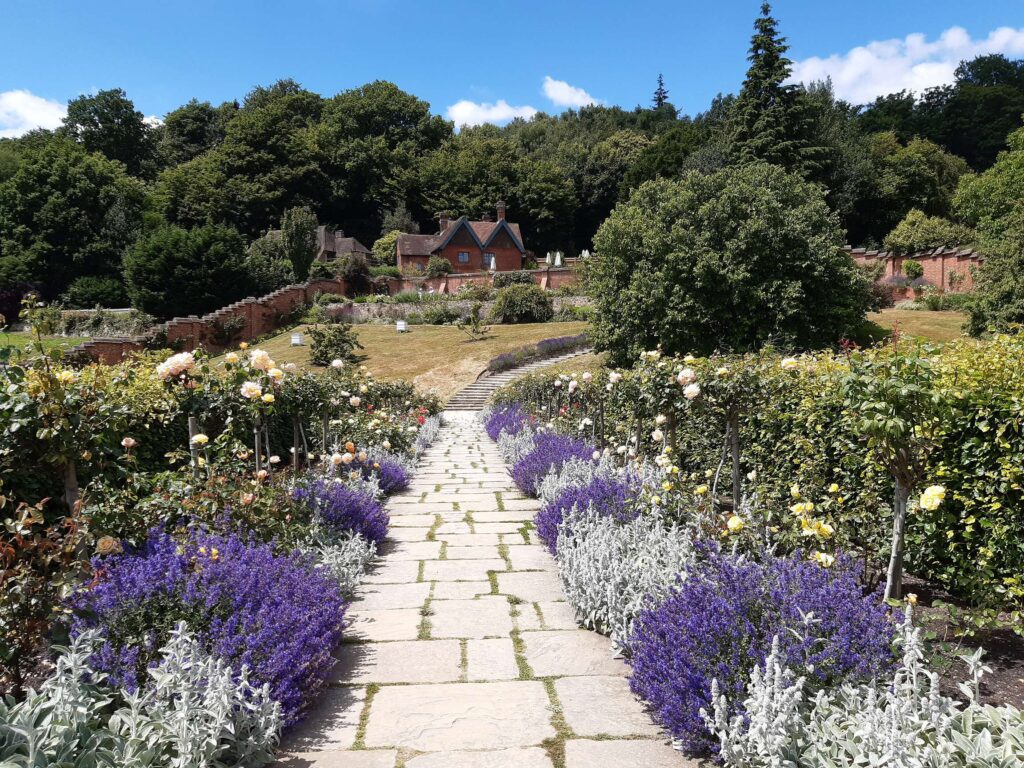
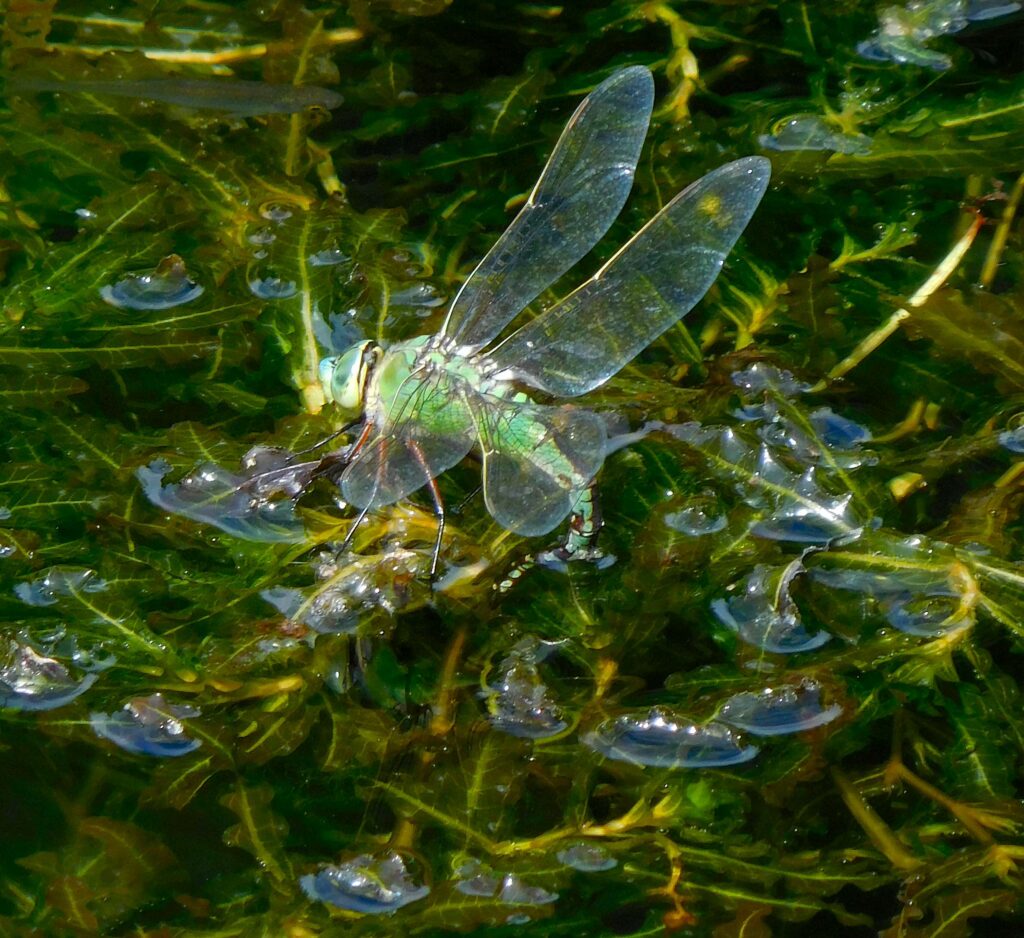
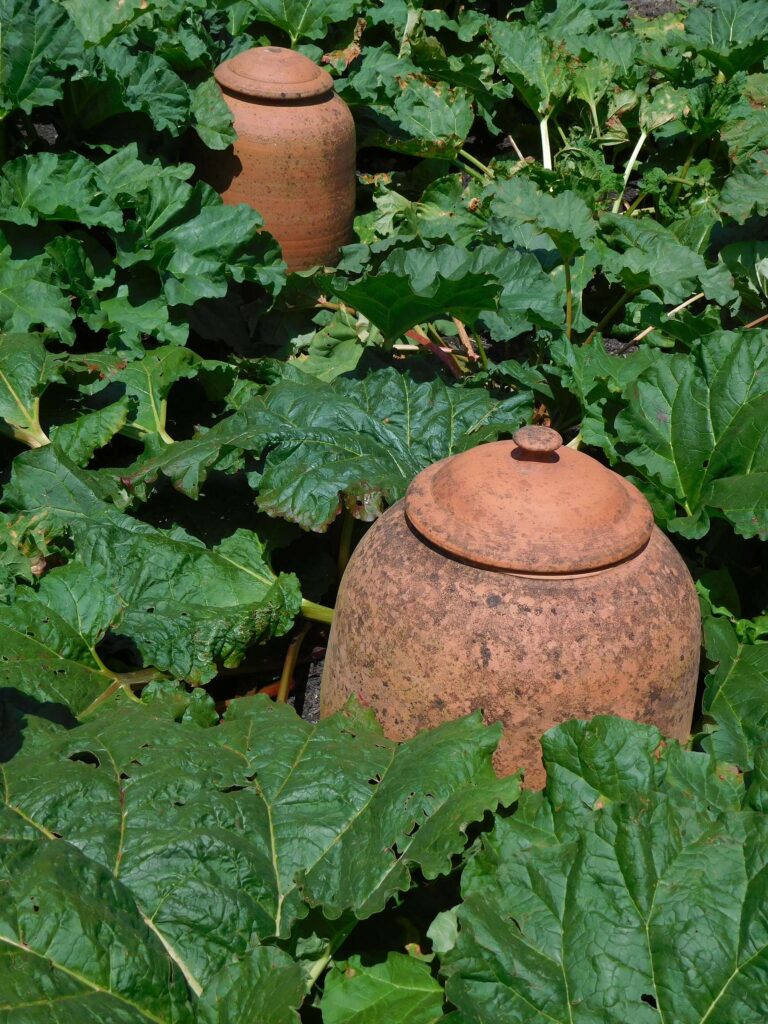
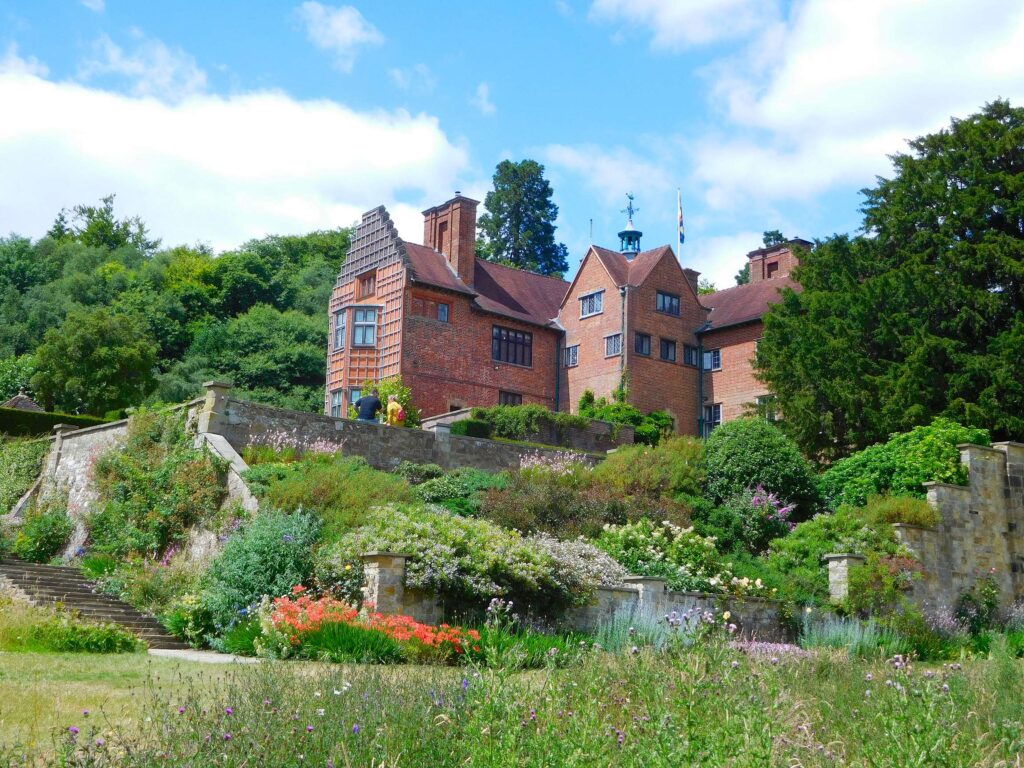
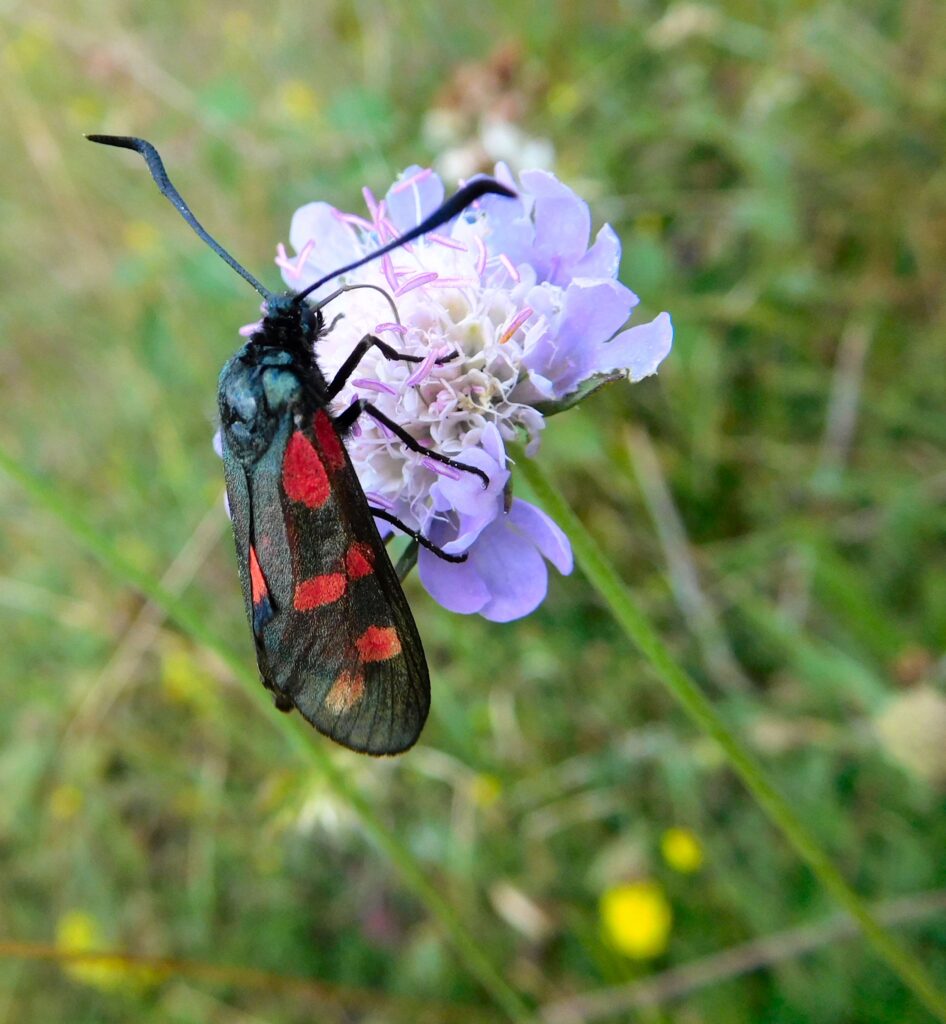
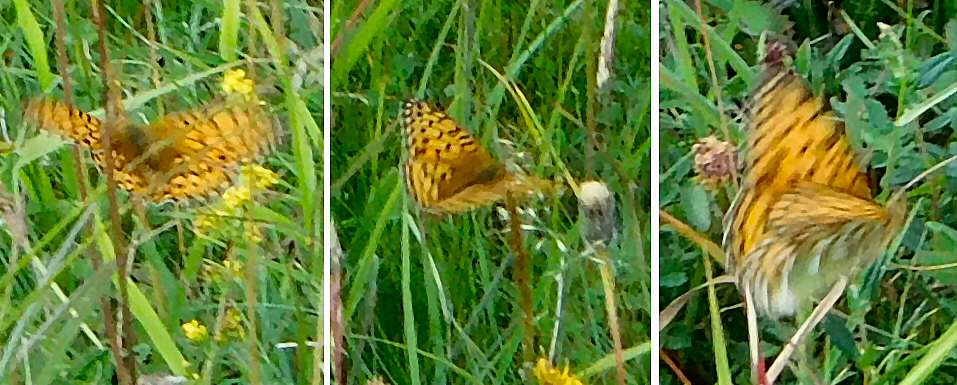
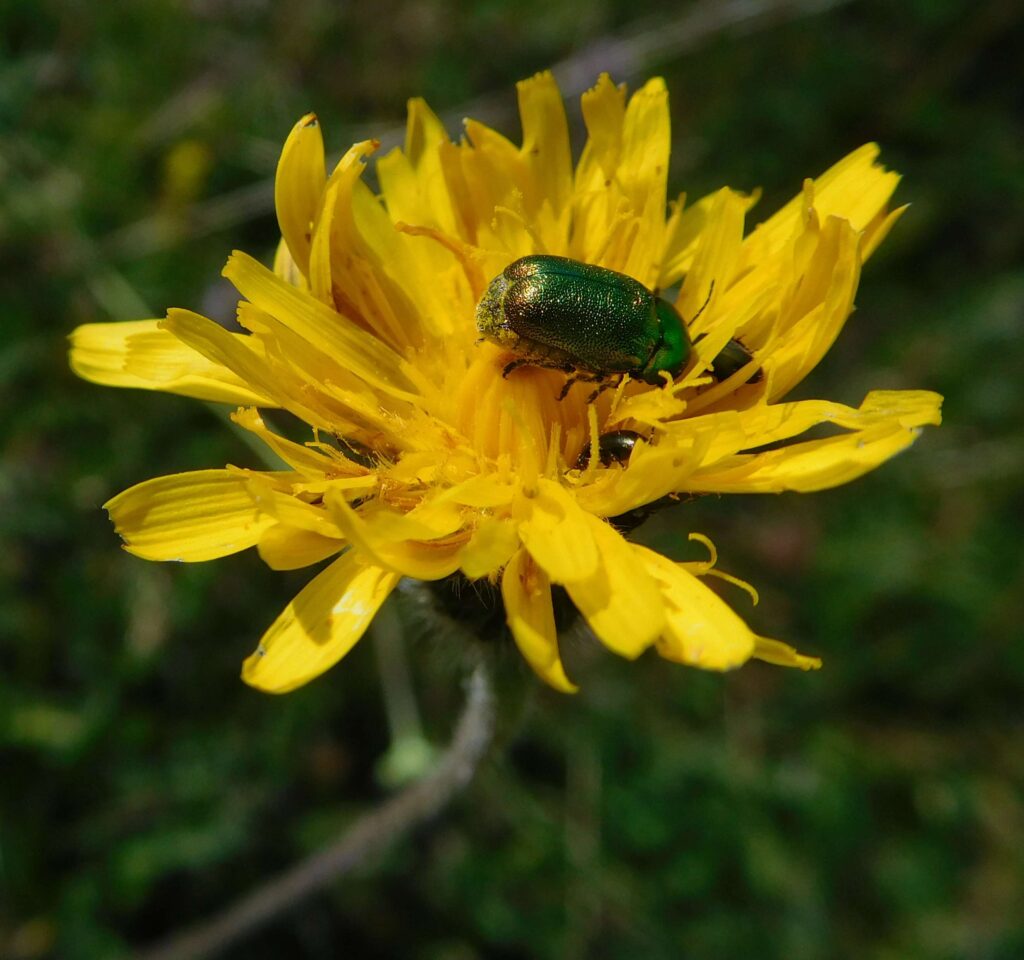
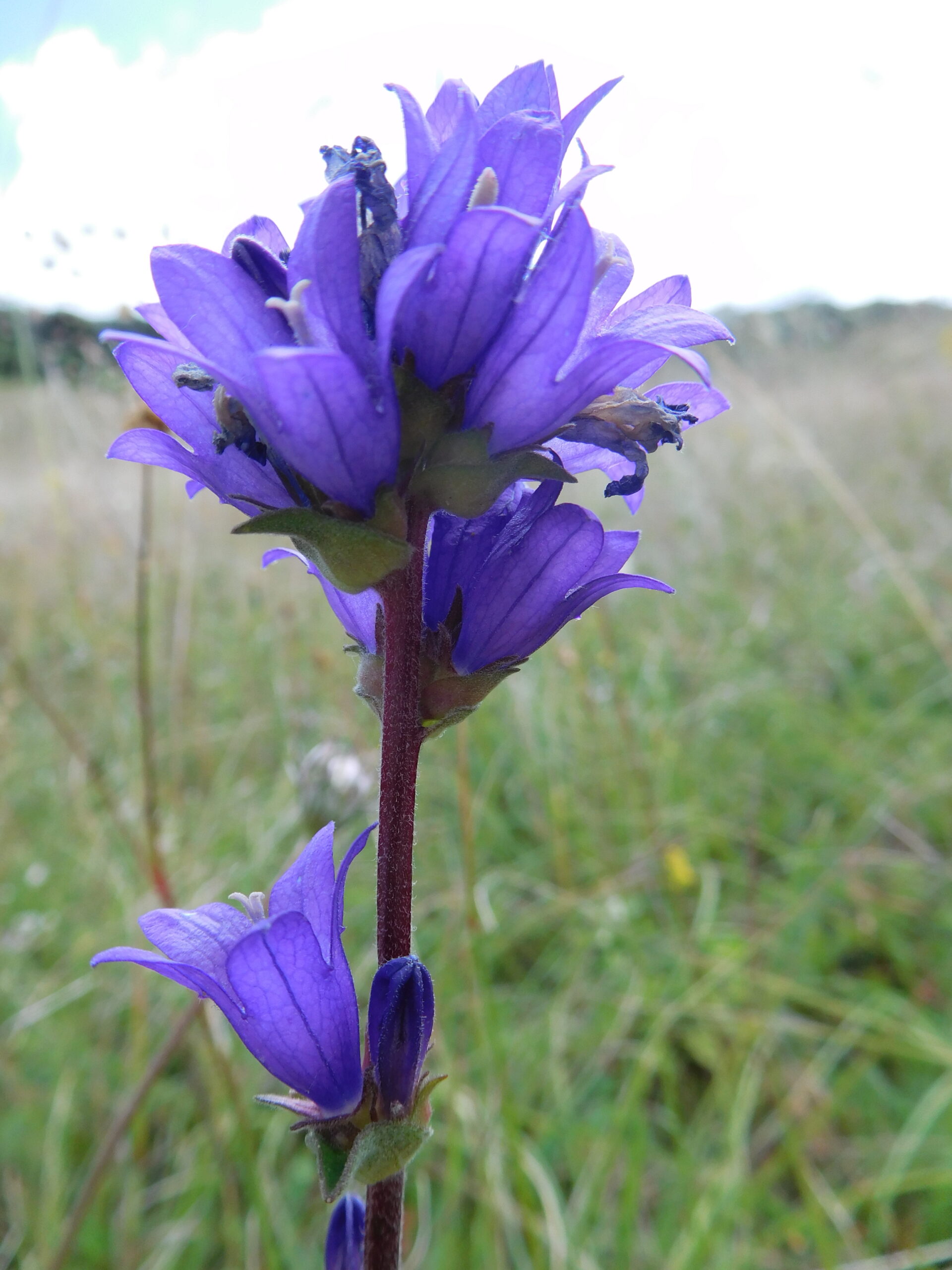
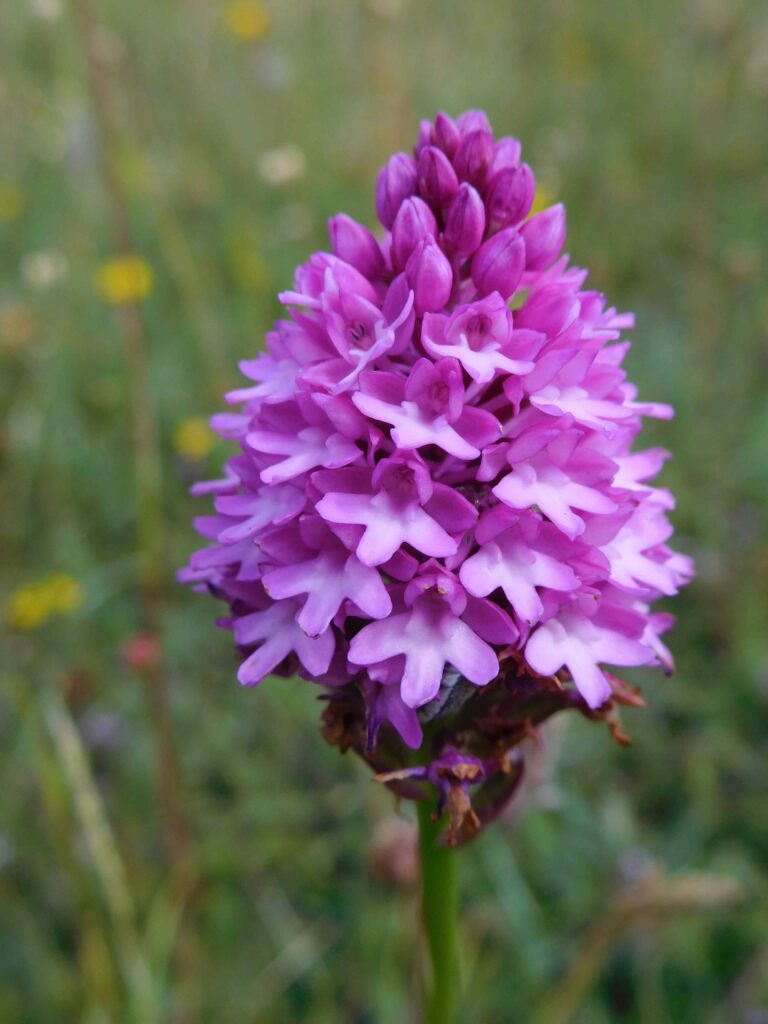
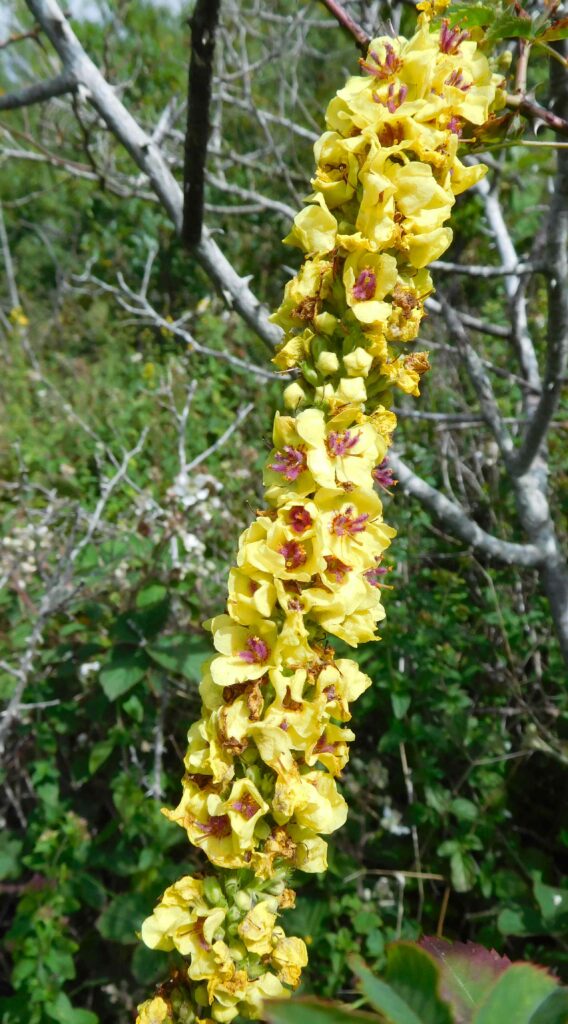
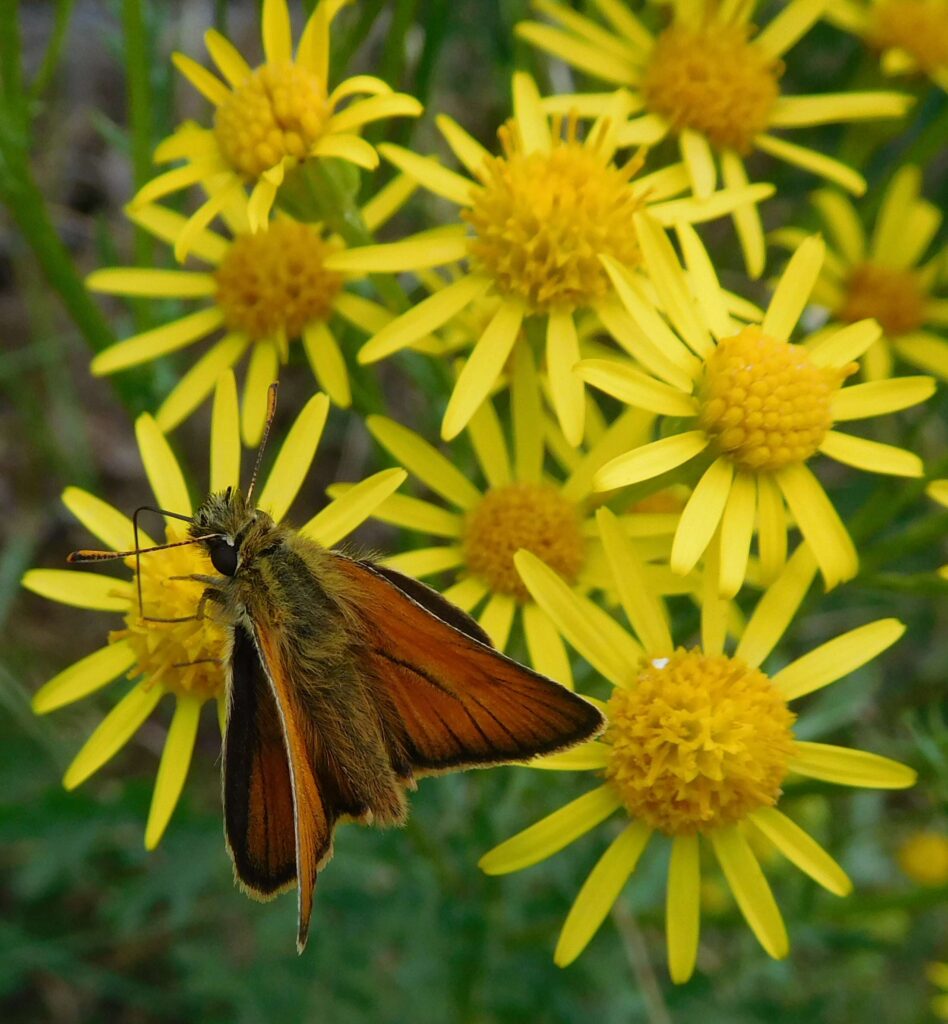
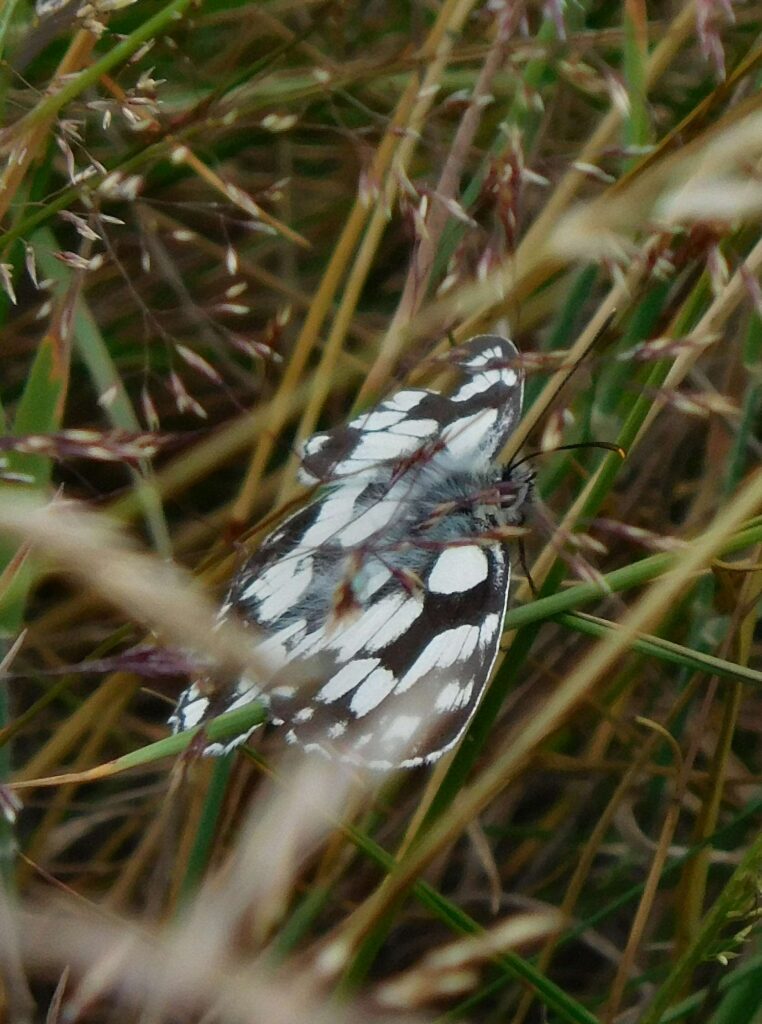
There were also many Meadow Browns – as with the Skippers, they had clearly all pupated recently; a Ringlet; two Red Admirals; and a Small White.
